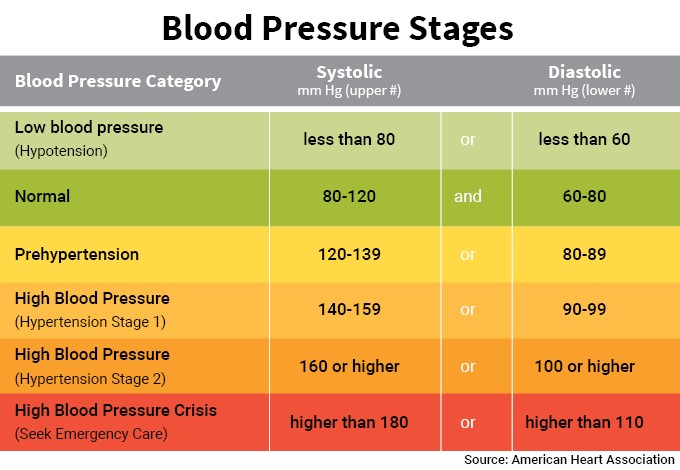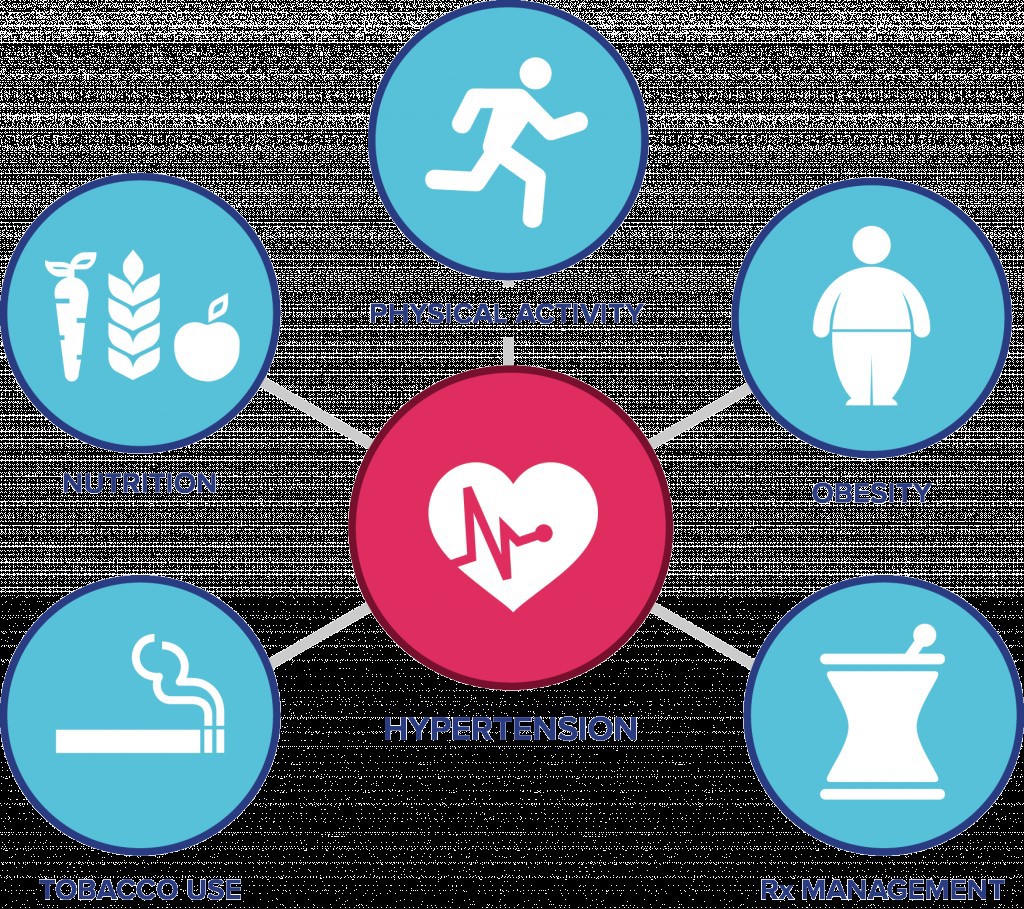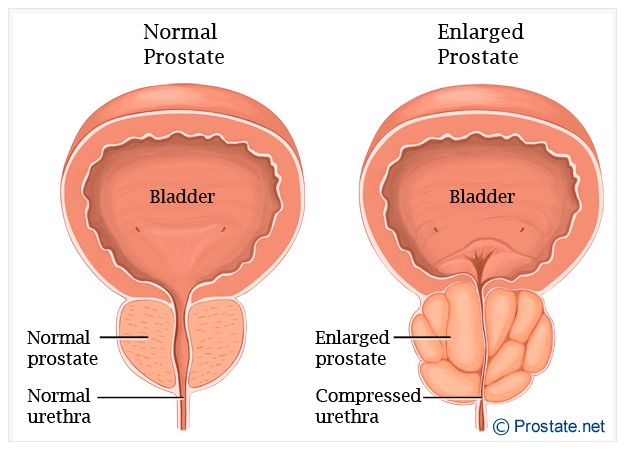
I can’t count how many times in my 12 years of medical practice, a patient with just a headache has eventually been diagnosed with high blood pressure (hypertension). Whenever a patient complains of headache, I always make it a point to check his/her blood pressure (BP) as it is a very common symptom of fluctuating BP which presents usually around the temples but can also be on the back of the head (occipital region).
Do we know what’s blood pressure?
The pressure exerted by the column of blood flowing in the arteries once it has been pumped by the heart is called the systolic (higher value) blood pressure. Diastolic (lower value) BP is the resistance in the arteries which is always present due to the elastic tone of the arteries. A blood pressure of upto 120/80 is considered normal. Readings from 130/90 to 140/90 are the pre-hypertensive stage and above 140/90 is considered hypertension. If three readings on separate days are high, then the person is diagnosed with high BP.

If I have to look for, then the following symptoms should raise the suspicion of high blood pressure:
- Headache
- Feeling of tiredness.
- Difficulty in breathing
- Heaviness in the eyes / blurred vision.
- Irritability
- Irritability
- In rare cases it may directly present as a complication of prolonged high BP like heart attack or hemorrhagic stroke.
High BP is a very common issue in adults over 50 years of age and is increasingly being diagnosed in younger age group due to bad lifestyle choices such as not getting adequate sleep on a regular basis, eating high salt content food, smoking, being overweight due to lack of exercise and eating junk food in excess. Extremely high stress levels arising from chaotic traffic in metros to financial strain and challenging deadlines set at workplace also contribute to high BP. Rarely, BP can be high due to secondary causes like thyroid disorders and narrowing of blood supply to the kidneys (Renal Artery Stenosis).
Why is it important to maintain your BP in the normal range?
Constantly high BP starts damaging the internal lining of blood vessels and gradually affects the brain, kidneys and eyes causing stroke, renal failure and hypertensive retinopathy respectively. All complications can be averted by controlling the BP.
How can one manage High BP?

Since lifestyle choices are the single most significant factor in controlling BP without medication, I will emphasize on them.
- Sleeping regularly by 11 pm and waking up around 6 or 7 am is a habit, I can’t emphasize enough. Following the circadian rhythm (body clock) is an easy way to avoid raised BP.
- Restrict salty foods such as chips, salted nuts, papad, pickles, processed sauces and dips.
- Regular cardio exercise goes the longest way in keeping the heart healthy and preventing high BP. 45 minutes of brisk walking / 30 minutes of swimming or cycling or an aerobics session of 30 minutes suffice.
- Weight reduction is essential for anyone with obesity and hypertension. The target should be 1 -2 kgs weight loss every month till BMI (body mass index) is 25.
- Deep breathing /meditation helps negate mental stress. I strongly advise people to set realistic goals in personal and professional realms to avoid stress since unrealistic goals make life miserable.
- Having a healthy social life is also necessary.
If the above non-pharmacological measures do not reduce BP at least in 6 months, one needs to consult a physician and explore the medication option. If the cause of hypertension is secondary (thyroid and renal artery stenosis) then treatment of the cause helps in correcting the raised BP.
Even the word hyperTENSION (high BP) has TENSION in it, so reduce Stress and start making your heart healthy today!
 Mr Rebello, sitting in front of me recalled his plight of waking up 2-3 times every night to void urine instead of only once as before. Initially, he assumed it was due to winter but, when the problem persisted in summer as well, he blamed it on his poorly controlled diabetes. He was 65 yrs of age when he began to experience this. He didn’t bother visiting his physician since he had made peace with his high blood sugars as he had no control over his eating habits.
Mr Rebello, sitting in front of me recalled his plight of waking up 2-3 times every night to void urine instead of only once as before. Initially, he assumed it was due to winter but, when the problem persisted in summer as well, he blamed it on his poorly controlled diabetes. He was 65 yrs of age when he began to experience this. He didn’t bother visiting his physician since he had made peace with his high blood sugars as he had no control over his eating habits.






